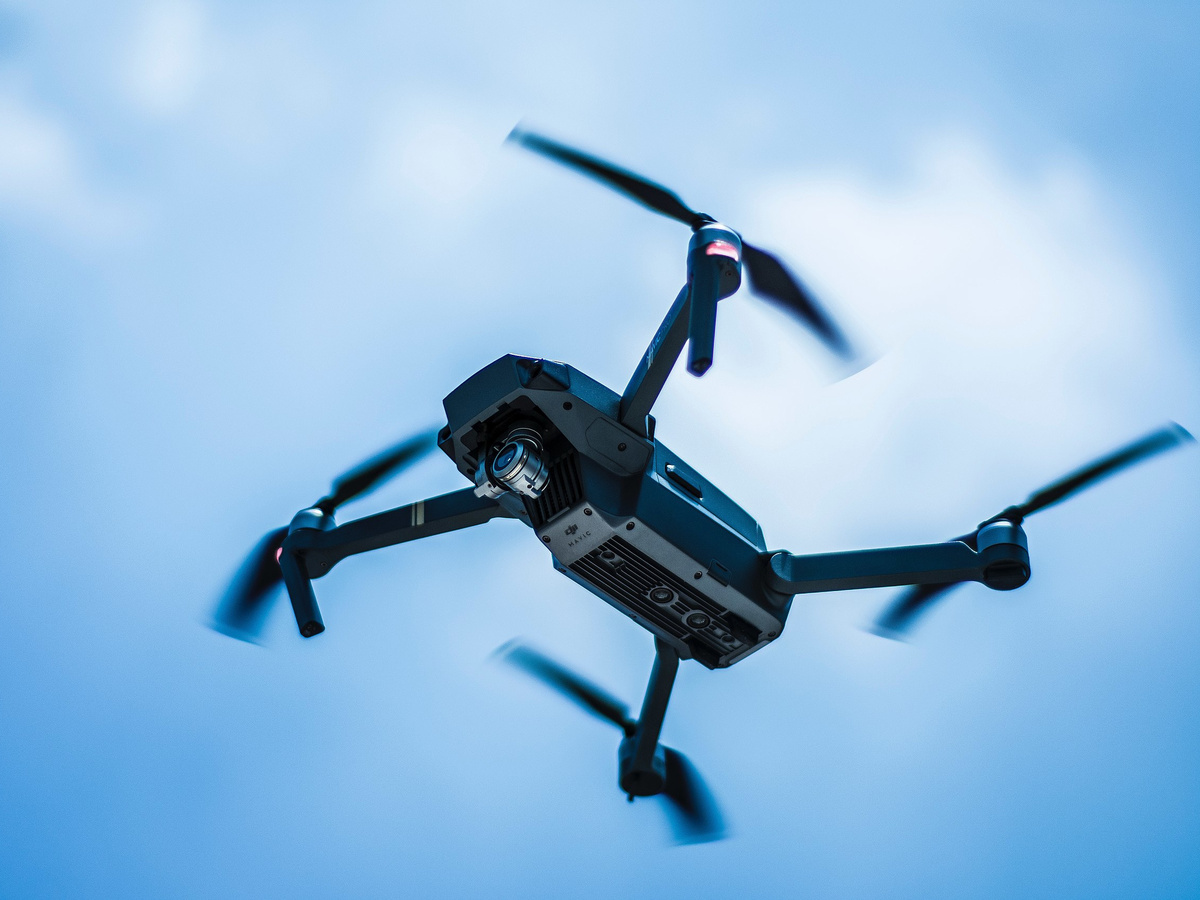Regulation of autonomous weapons systems
The use of and ban on autonomous weapons systems (AWS) has been the subject of controversial debates for years. However, to date there is no internationally accepted definition in science and politics which technologies should be categorized as AWS at all. “One of the main reasons is the fact that it is difficult to grasp autonomy in technical and conceptual terms,” says Jascha Bareis, who works on the political debate around AI systems at ITAS.
In a recent paper, Bareis analyzes the international discourse on autonomous weapons systems together with Thomas Christian Bächle, from the Alexander von Humboldt Institute for Internet and Society. It focuses on the reasons for the weakness of the current scientific debate to agree on a generally accepted definition of AWS.
Against this background, the two scientists analyze how the great powers United States and China take advantage of the conceptual confusion around AWS for their own geopolitical goals – and use it in a targeted manner. “Both states introduce absurd definitions of autonomy, making regulation at the UN level impossible,” Bareis summarizes the findings. In their strategy papers on AWS, they would not only make military claims: “They also use them also to demonstrate their own military capabilities and thus create international deterrence,” the scientist explains. (26.09.2022)
Further links or documents:


